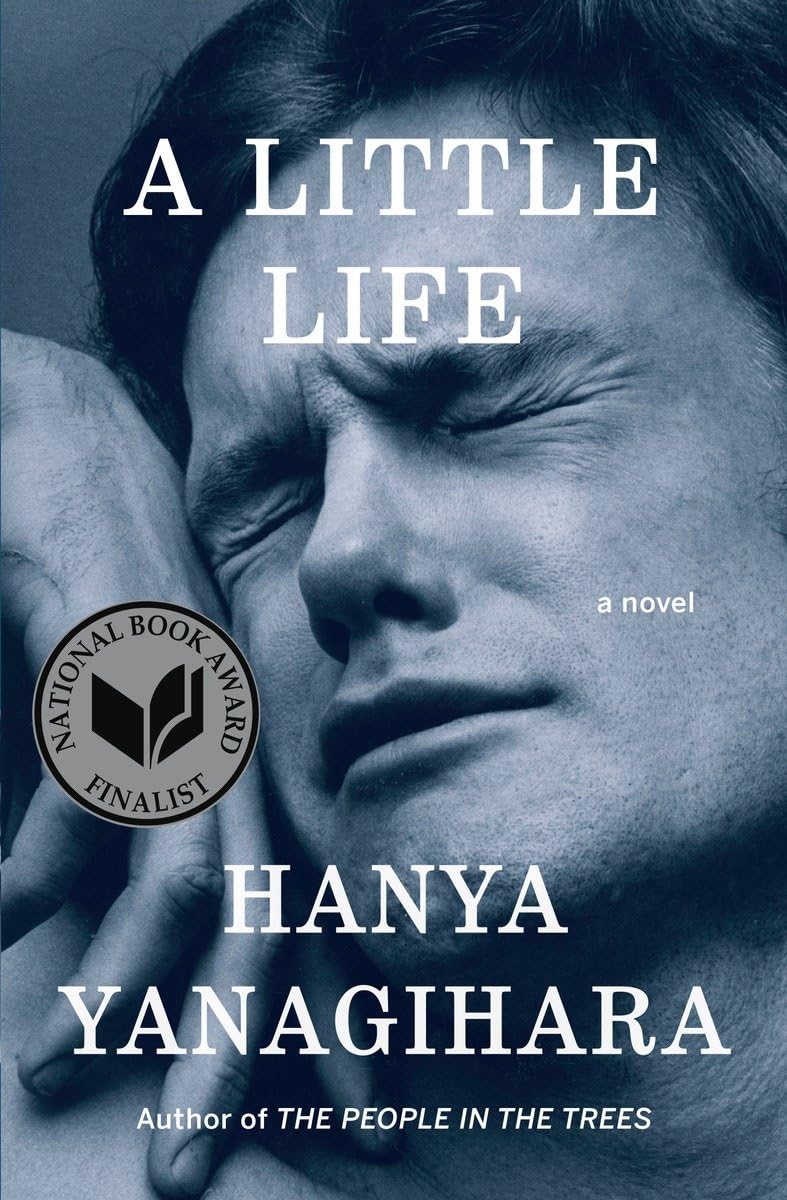His career, the one thing that should have given him purpose, was failing to do so. After six months of painstaking effort, he had just presented his firm’s proposal for a new community center in Red Hook, a project he had poured himself into with unwavering conviction. The design was more than just functional—it was bold, modern, and deeply integrated into its surroundings, a space that could genuinely transform the neighborhood. Yet, as soon as he finished speaking, he could sense the inevitable rejection settling in the air. It was too ambitious, too costly, too much. Instead, they would choose something forgettable, a structure lacking soul, devoid of passion—a hollowed-out version of what could have been.
He could already picture it: a drab, uninspired building, with a lifeless brick facade, sterile fluorescent lights, and small windows that let in barely enough sunlight to remind people of the world outside. It would be a monument to mediocrity, a daily reminder to the people of Red Hook that their community, their aspirations, were never worthy of anything more than the bare minimum. The thought gnawed at him, making him question everything—his work, his purpose, even his decision to pursue architecture at all. If creativity and ambition were always to be sacrificed for cost-cutting and convenience, then what was the point?
Instead of heading home, he let his feet carry him through the restless heartbeat of the city, past streets lined with familiar yet distant places, places that had once felt alive with possibility. He wandered without direction, through SoHo, past Chinatown, until he found himself on Lispenard Street, standing before the building where Jude and Willem now lived together. He hadn’t planned on coming here, but something about the sight of their home made him pause, made him consider the kind of life they had created. It was warm, solid, built on a foundation of trust, and it was everything he had begun to doubt he could ever have for himself.
Hesitation gripped him as he stood before the buzzer, his fingers hovering over it for just a moment before he pressed down. A beat later, the door clicked open, and he stepped inside, greeted immediately by the familiar scent of Jude’s cooking, a scent that had once meant belonging. He ascended the stairs, his heart caught between the pull of nostalgia and the ache of present loneliness, knowing what he would find inside—a world where Jude and Willem existed effortlessly together, sharing their lives in a way he couldn’t help but envy.
As he knocked on the door, a complex mix of emotions welled inside him—relief at being here, unease at being an outsider in a home that was not his own. Yet, when Willem answered, there was no hesitation in his welcome, no question of whether he belonged here in this moment. They ushered him inside, made space for him on their couch, placed a plate of food in front of him as if it had been waiting for him all along. For a few brief hours, he could forget the things that haunted him, sink into the warmth of shared conversation, of easy laughter, of a friendship that had never wavered.
But even as he embraced the comfort of their presence, he knew that when he left—when he returned to his parents’ house, to his empty room, to the hollow uncertainty of his future—the ache would return tenfold. The contrast between this moment of connection and the solitude that awaited him would carve into him, sharp and unrelenting. He wasn’t sure which was worse—the loneliness he felt when he was alone, or the way it deepened after moments like this, after being reminded of what it felt like to belong.


